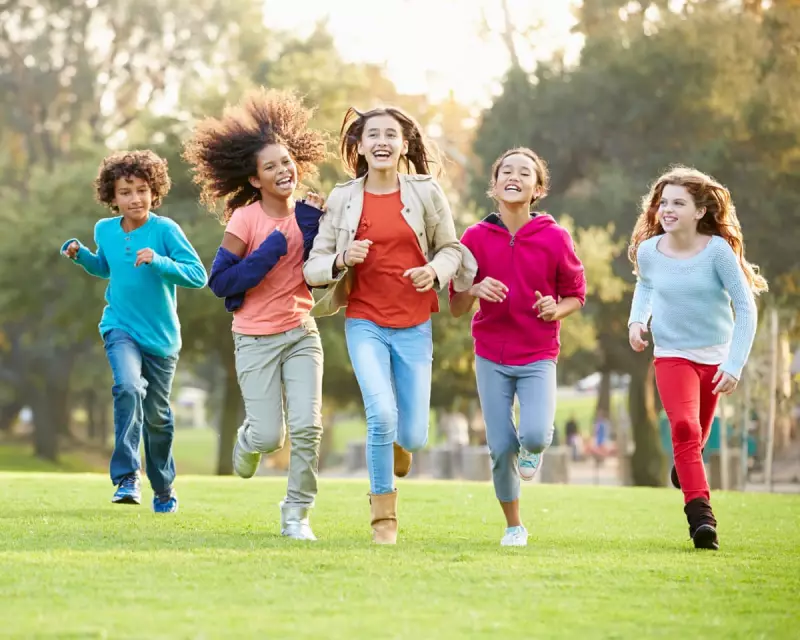
A startling new study has revealed a dramatic collapse in the amount of time UK children spend playing outdoors, raising urgent concerns about their physical health, mental wellbeing, and overall development.
The research, conducted by the folklorist and play expert Prof David Sobel, paints a bleak picture of modern childhood. It found that the average British child now spends a mere 20% of their free play time outside, a figure that has plummeted over recent generations. This represents a fundamental shift in how children interact with the world around them.
The Stark Numbers Behind the Play Deficit
Professor Sobel's findings are stark. When asked to recall their favourite play memories, adults overwhelmingly cited outdoor adventures—building dens, climbing trees, and exploring nature. In stark contrast, today's children are more likely to be found indoors, their worlds often limited to screens and structured activities.
This isn't just about nostalgia; it's a serious public health issue. The decline is linked to a host of modern problems, including rising rates of childhood obesity, vitamin D deficiency, and mental health challenges like anxiety and depression.
What's Causing the Great Indoors Migration?
Experts point to a perfect storm of factors keeping children inside:
- Over-scheduled Lives: An increase in structured after-school activities and homework leaves little room for spontaneous, free play.
- Digital Distraction: The powerful lure of screens, from tablets to video games, provides easy, sedentary entertainment.
- Parental Anxiety: Heightened fears about
stranger danger
and traffic safety have led to a risk-averse culture, even though statistically, children are safer than ever. - Loss of Green Space: Urbanisation and a reduction in accessible, safe public spaces for play.
A Call to Action: Rewilding Childhood
This isn't an irreversible trend. The report serves as a crucial call to action for parents, educators, and policymakers. The benefits of outdoor play are immense, fostering creativity, resilience, problem-solving skills, and a lifelong connection to the natural environment.
Schools are being urged to incorporate more outdoor learning and to ensure break times are protected and used for active play, not withheld as punishment. Local councils are being called upon to invest in and protect green spaces and make communities more play-friendly.
Ultimately, the research argues for a collective effort to rewild childhood—to consciously carve out time and space for children to simply be kids outdoors, to get muddy, to explore, and to discover the joy of unstructured play. The health of our future generations may depend on it.





